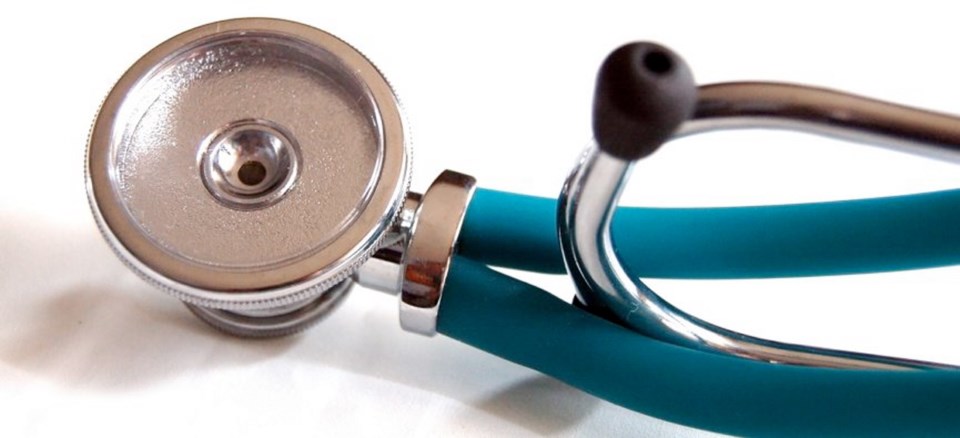What a sad day for me, and for the world. Dr. Sydney Bush has died. During my 43 years of writing this column, I have never devoted a memoriam to a colleague. But one is needed for Dr. Sydney Bush.
In part, I’ll miss his presence. But more important, his scientific discovery should have been awarded the Nobel Prize. And it could yet save millions of lives from cardiovascular disease.
Ten years ago, I learned that Bush, an English researcher, claimed he had made a huge scientific discovery. But I questioned its validity. So I travelled to England to interview him and spent several days at his laboratory.
Bush, an optometrist, knew that some of his patients, when fitted with contact lenses, developed eye infections, and on rare occasions, an eye was lost when antibiotics failed. He was also aware of Dr. Linus Pauling’s Nobel Prize-winning research on vitamin C, heart attack and infection.
So, Bush prescribed for patients who were being fitted with contact lenses 6,000 milligrams of vitamin C, and 5,000 mg of lysine, an amino acid, daily.
Bush then took pictures of the retina, the back part of the eye, the only area of the body where doctors can see arteries. A year later, he took a followup photo.
Bush discovered that in those patients who had atherosclerosis, the hardening of arteries, the defect was fading away.
This proved that vitamin C and lysine could prevent and even reverse the aging of arteries. It was a monumental finding. It should have made headlines around the world.
Why? Because it’s impossible that vitamin C and lysine would travel only to the eyes.
Rather, it would keep all arteries open, supplying oxygenated blood to all organs, decreasing the risk of coronary attack. (I suffered a heart attack at age 74, and I believe the combination has kept me alive to 94.)
Vitamin C and lysine also help prevent kidney disease, blindness and leg amputations, all due to clogged arteries caused by aging and diabetes.
This combination also produces collagen, which strengthens gums and keeps teeth from falling out and fights arthritis, increases immunity to colds, herpes and other infections. It even decreases the onset of wrinkles.
For 10 years, I’ve written that Bush deserved the Nobel Prize in medicine. But his research has sadly collected dust in medical circles.
It was apparent when you heard him talk about his research that he did not suffer fools easily. He had a habit of telling them, and medical societies, they were wrong about the cause of coronary attack.
His was the old story of the establishment refusing to accept new ideas. It didn’t even want to listen, particularly certain medical specialties.
For instance, if you were a cardiologist, would you want to be told that vitamin C and lysine, natural remedies, are more effective, less expensive and 100 per cent safer than cholesterol-lowering drugs?
Or, if you were a cardiac surgeon, to be told that Vitamin C and lysine could reduce the number of coronary bypass operations?
I spent hours with Bush looking at before-and-after photos of the eye following the use of vitamin C and lysine. I found him to be a kindly gentleman, totally dedicated to his research. One day, knowing that I had not seen the English Moors, he and I spent the day together exploring this region.
Apart from my surgical training, doctors Linus Pauling and Bush had more effect on my understanding of cardiovascular disease than any other person.
I have lost a faithful and frustrated friend who should have been listened to by more doctors.
I’m reminded of the frustration of Oliver Cromwell, who wrote to the Church of Scotland: “I beseech you, in the bowels of Christ, think it possible that you may be mistaken.”
My dear friend: “Rest in peace. History will eventually prove you right.”

